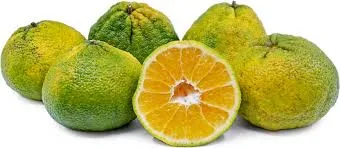
How to find Grocery Deals
Saving money on fresh produce while maintaining a healthy diet is achievable by sourcing from discounted suppliers, buying in bulk, and efficiently processing and storing food. Here’s a step-by-step guide to help you find affordable fresh food, preserve it properly, and maximize its use in meals.















